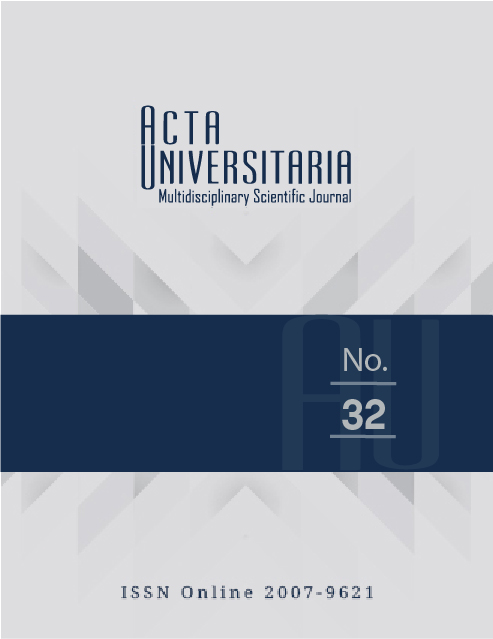The representation of schizophrenia in relatives of patients residing in the metropolitan area of Guadalajara: a perspective from the grounded theory
Published 2022-07-12
How to Cite
Abstract
Schizophrenia is a long-term illness which is scientifically defined as a mental disorder; however, little is known about how the relatives of patients with schizophrenia define this condition. The objective of this study was to understand, from the classical grounded theory perspective, the construction of the representation of schizophrenia in relatives of users of the Instituto Jalisciense de Salud Mental. This study adopted a qualitative design, with a cross-sectional, descriptive-relational method. A total of 60 relatives of people diagnosed with schizophrenia from 29 different families from the metropolitan area of Guadalajara (AMG), users of Instituto Jaliciense de Salud Mental (Salme), were interviewed. As a result, 15 codes were found from 155 citations. Moreover, the categories through which the family members represented schizophrenia were etiology, identity, comorbidity, rehabilitation, disability, behavior, affectivity, vulnerable groups, ignorance, symptoms, and the concept of schizophrenia. It is concluded that individuals who are close to patients with this condition will represent and define schizophrenia based on the structure: concept of illness + symptoms or effect on behavior or affectivity.


